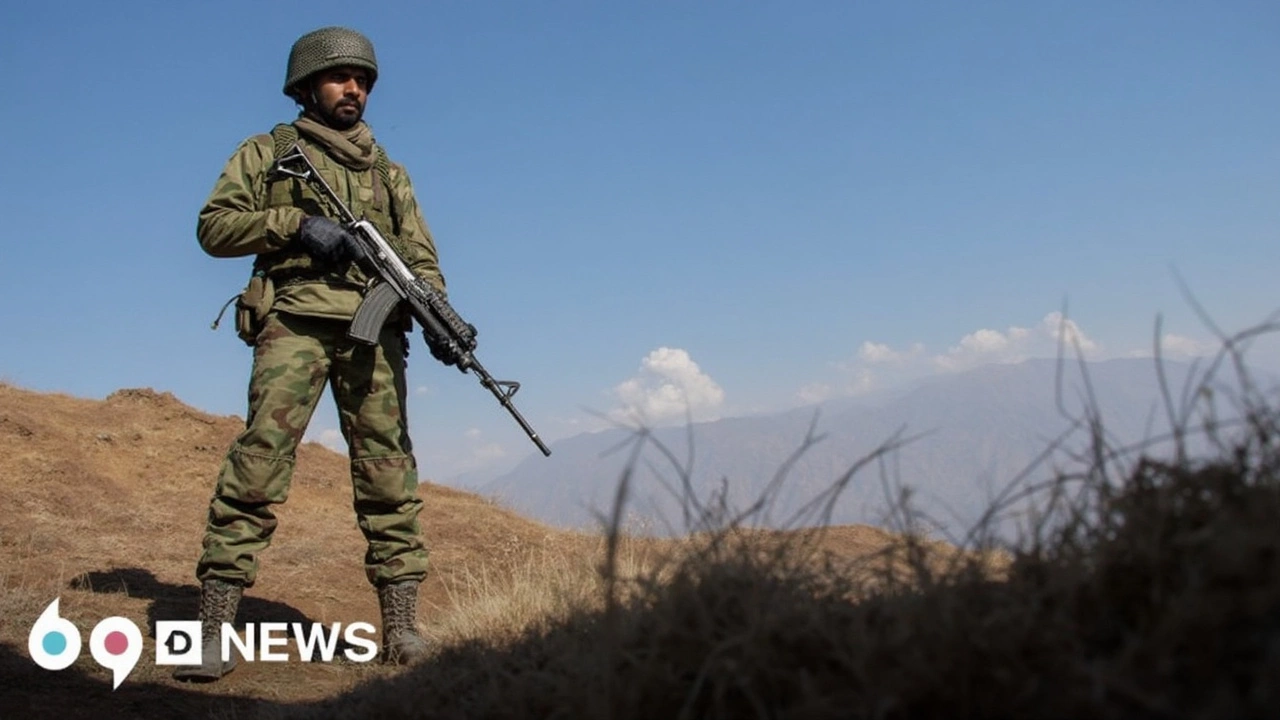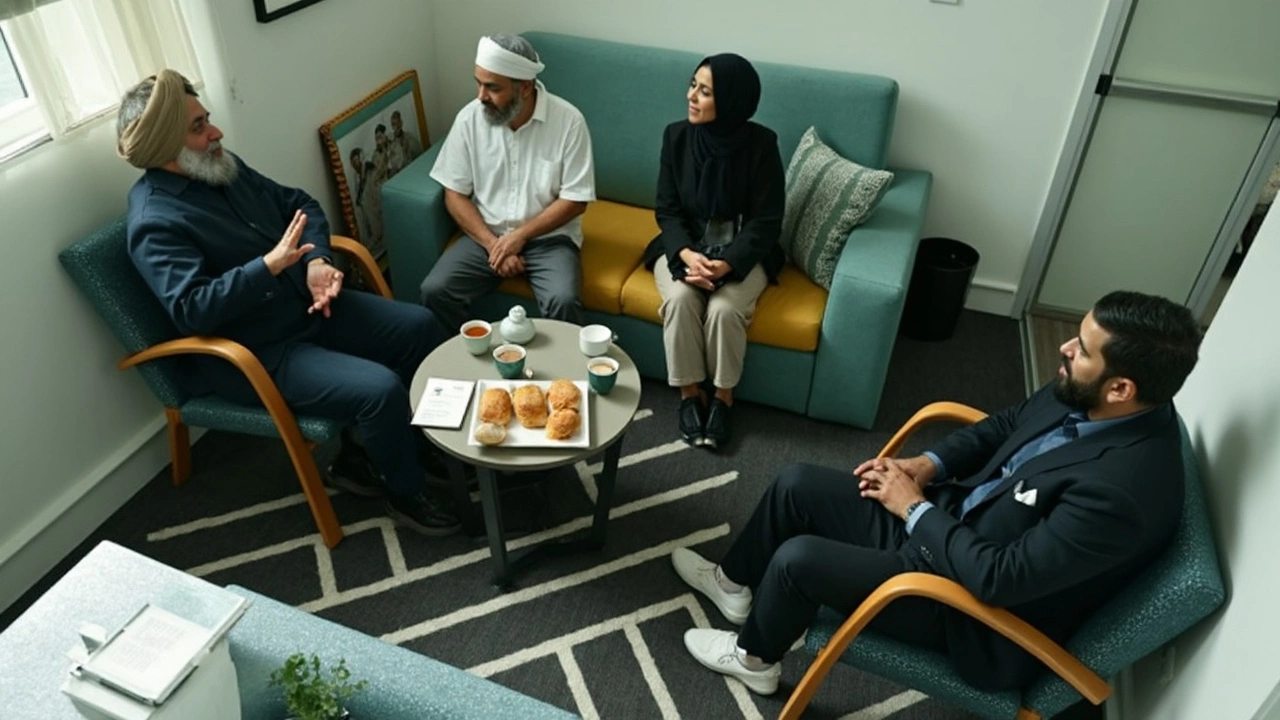Bradford's Faith Leaders Respond to Rising Tension in Kashmir
Tempers have flared again between India and Pakistan, this time following a deadly terrorist attack in Kashmir’s Pahalgam that left 26 tourists dead. In response, Indian forces launched military strikes, leading the two countries into another round of artillery fire and harsh words. It’s a familiar pattern that still has the power to rattle communities far from the frontlines — including the heart of Bradford, where British-Indian and British-Pakistani residents share deep roots and close ties to both countries.
The news has quickly traveled from Asia to the UK, sparking concern among Bradford’s faith groups. Leaders from local mosques, Sikh temples, and Hindu organizations have scrambled to issue a clear message: don’t let a conflict thousands of miles away divide us here. They are urging their communities not to fall into old traps of blame or suspicion, but instead to show unity and compassion, especially at a moment when headlines stoke anxiety.
“We’ve come together for decades as neighbours — this is not the time to let outside turmoil pull us apart,” said one imam after Friday prayers, echoing the calls coming from churches and temples across the city. Interfaith events are springing up, with community groups inviting everyone for open forums, shared meals, and chances to express their feelings in a safe space.

UK Officials Push for Diplomacy and Calm in South Asian Communities
UK government officials aren’t sitting on the sidelines either. With roughly 1.8 million people of Indian and Pakistani descent living in Britain, ministers know how easy it can be for international disputes to echo at home. That’s why the Home Office, as well as local MPs, have repeated calls for restraint and calm — both on the ground in Kashmir and in Britain’s streets. Politicians are recognizing just how much the British-Indian and British-Pakistani communities have contributed to the nation, from NHS doctors to shopkeepers to teachers who keep the country ticking.
The shadow Foreign Secretary went a step further, backing “direct dialogue” between Indian and Pakistani authorities as the only real way to avoid a dangerous military spiral. He stressed the need to move away from violence, calling on both sides to lower the temperature and resist the urge to escalate. Yet, the message also recognised India’s right to respond to terrorism — a nod to the anger and fear triggered by the attack in Pahalgam.
Race equality charities in Bradford are keeping a watchful eye on social media, concerned that a surge of divisive rhetoric could make old wounds flare up. Their volunteers are working overtime to spot and respond to any signs of hate speech, offering support to people who feel threatened or isolated by the uptick in tensions. Community organizers have made it clear: peaceful coexistence isn’t just a buzzword, but something built from daily small actions, neighborly gestures, and sometimes, tough conversations around the dinner table.
As the India-Pakistan dispute simmers, it’s clear the people in Bradford are determined to set their own tone — one that favors dialogue over division and keeps their vibrant, diverse city united no matter what happens thousands of miles away.

